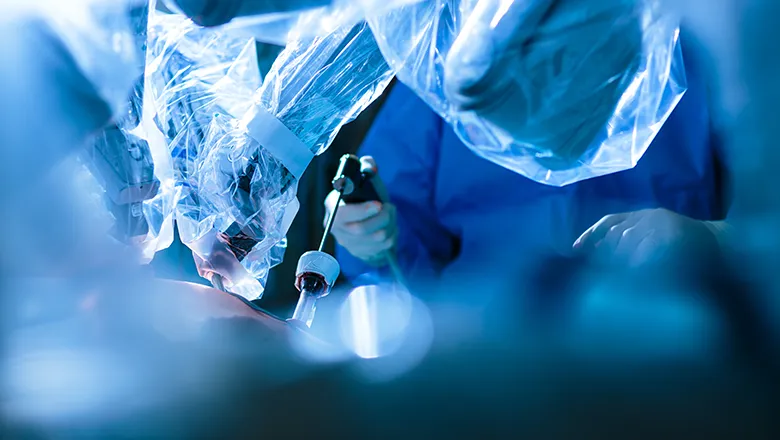The simulator reduces the learning curve, improves surgical proficiency, and instils confidence in surgeons, leading to more successful outcomes in penile implant surgeries.
Zixi Wang, Student, Bachelor Of Science (Hons) In Physics
21 June 2023
New simulator developed for erectile dysfunction implant surgery
King’s Student Zixi Wang has led a study to develop a male urogenital simulator for inflatable penile prosthesis (IPP) surgery training.

Zixi Wang, a Bachelor Of Science (Hons) student, has been working with Prof Kawal Rhode and Antonia Pontiki from the School of Biomedical Engineering & Imaging Sciences and the Guys’ and St Thomas’ Urology team on the study.
The simulator offers realistic anatomical structures, low production costs, and serves as an ethical alternative to cadaveric training. By providing a lifelike training environment, it enhances the skills of surgeons before performing the surgery on actual patients.
It has been developed with affordability and accessibility in mind to make it suitable for widespread adoption, benefiting a larger number of healthcare professionals. The simulator has been successfully trialled at the King’s College Hospital, with promising results.
The development process relied on pre-operative imaging scans obtained from a patient, ensuring a high level of accuracy and realism. The simulator was then constructed using advanced techniques such as 3D printing and silicone molding.
This project, as part of our wide research of surgical simulators, is a great example of how our team is developing new technologies which can change the education and training of the new generation of surgeons, improving their learning curve and consequently improving patient outcomes.
Antonia Pontiki, Teaching Fellow in Biomedical Engineering
Collaboration and consultation have been integral components of the project. Zixi has been working with leading manufacturers, Boston Scientific, in developing the simulator.
Zixi said, “I have had the privilege of working closely with leading prosthesis companies and esteemed urologists. Their expertise and insights have played a crucial role in refining the design and functionality of the simulator, ensuring its alignment with the requirements of real-world surgical procedures.”
There has been noted in prosthetic urology, a lack of suitable 3D simulators for skill setting in the primary procedural steps in Penile Prosthesis implantation. The work being undertaken with this study, it is envisaged, will assist in closing this identified gap and therefore hopefully shorten learning curves, improve surgical technique and lead to better patient outcomes. Goals I think all clinicians and us as an industry partner can align on being essential.
Russel Etherington, Senior Manager Medical Affairs & Medical Education, Urology EMEA, Boston Scientific
Zixi will join the School of Biomedical Engineering & Imaging Sciences as a PhD student later this year. His PhD in surgical simulators for erectile dysfunction surgery will enable him to continue his work refining the simulator.


